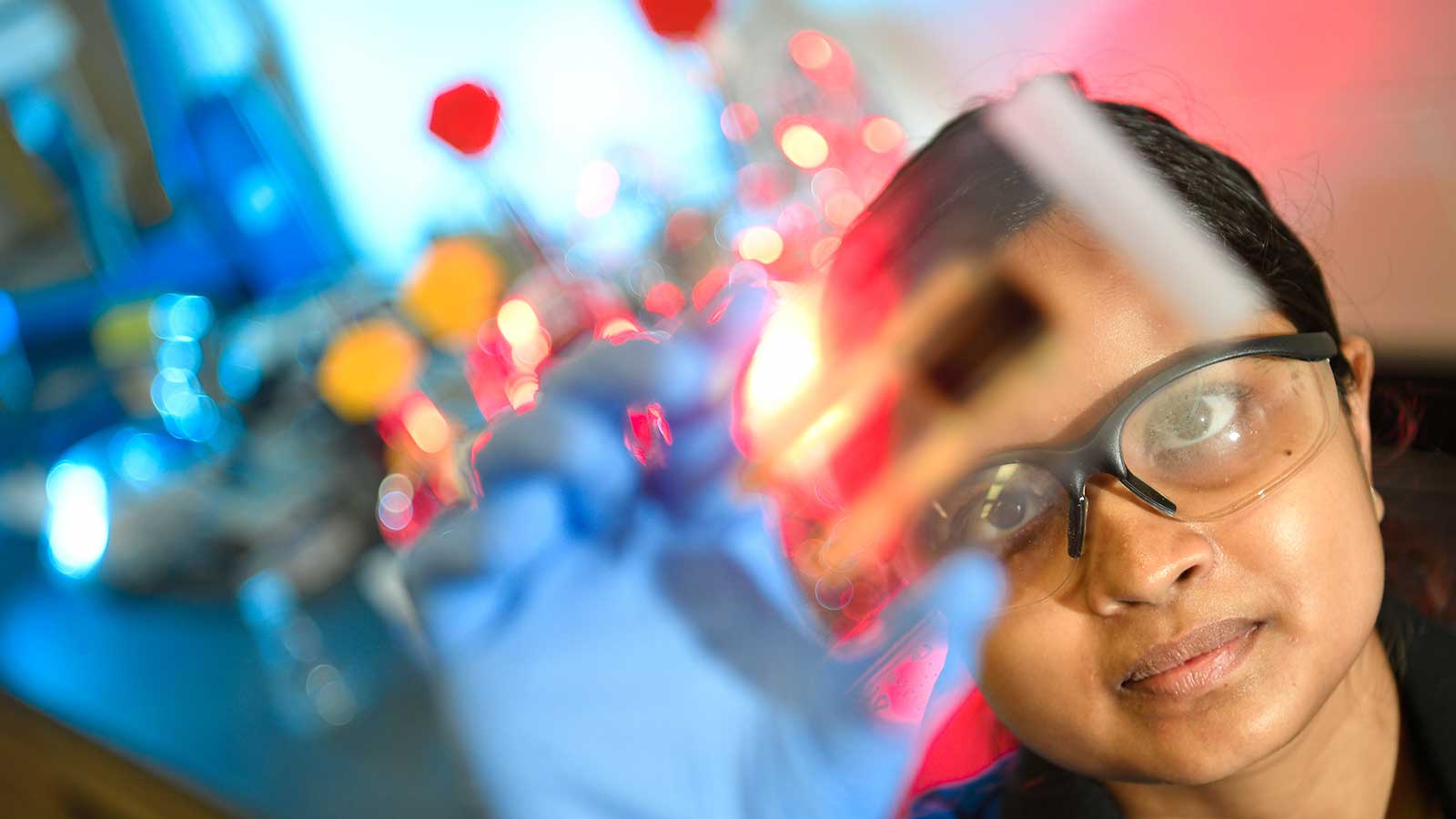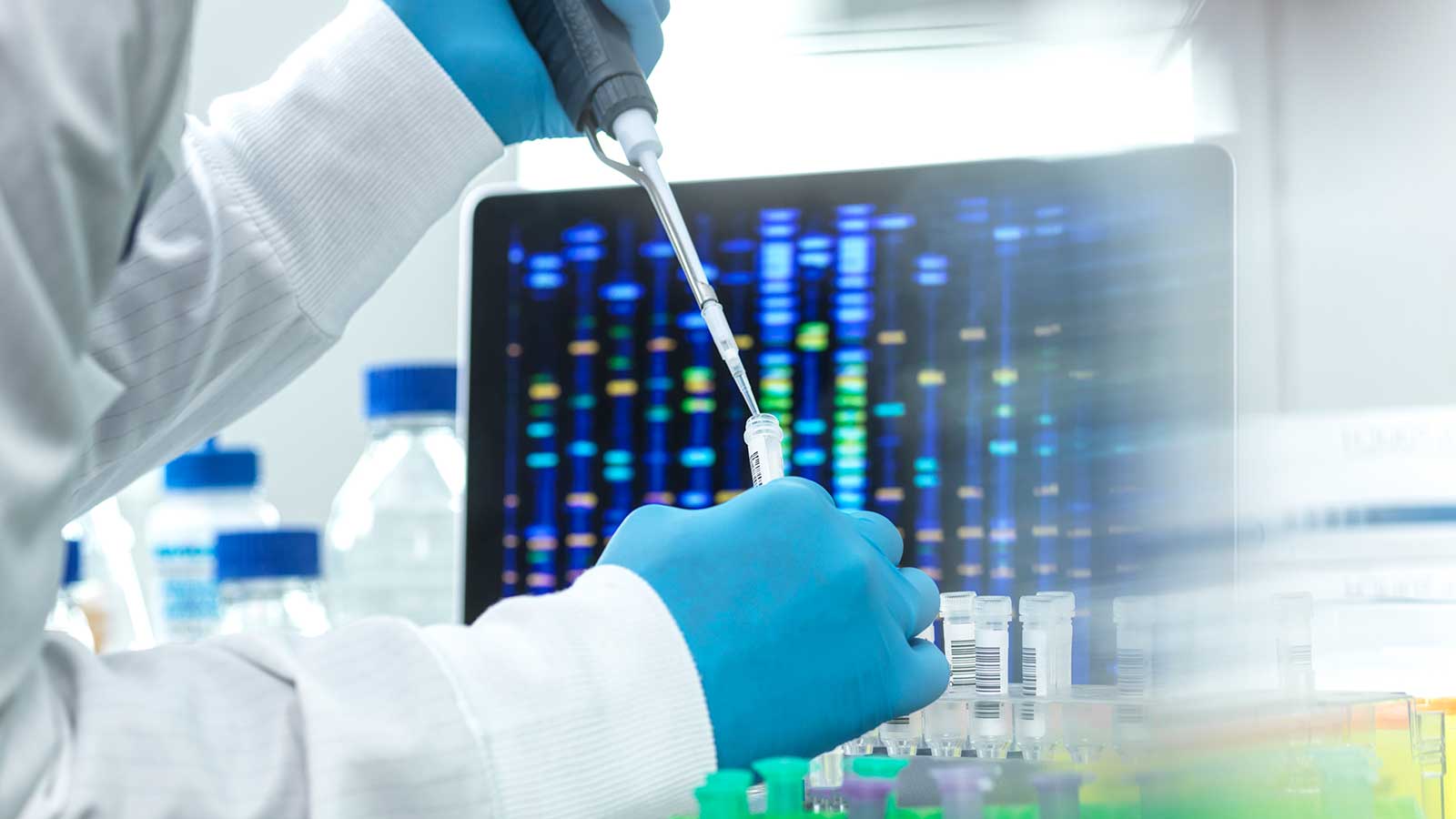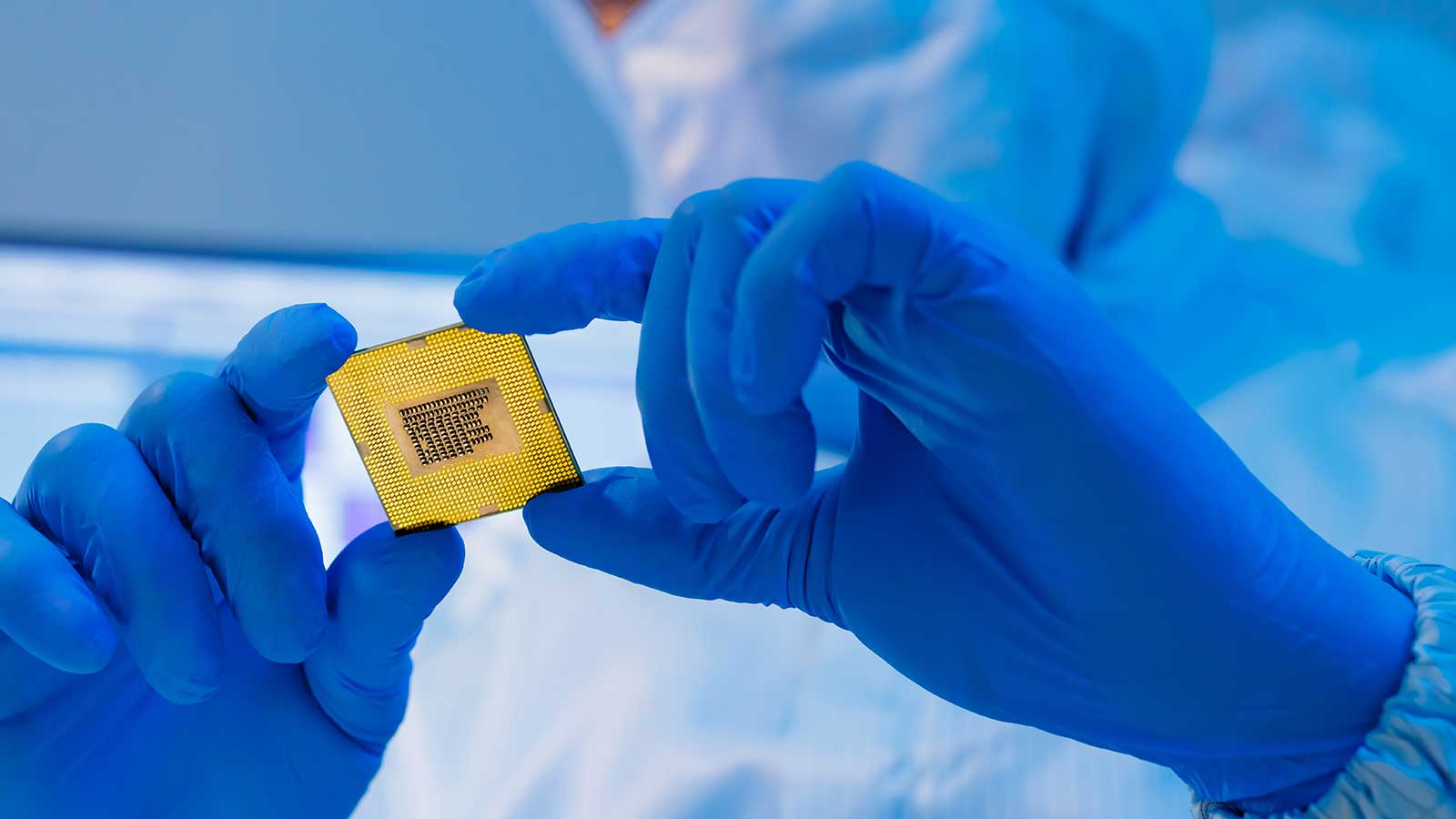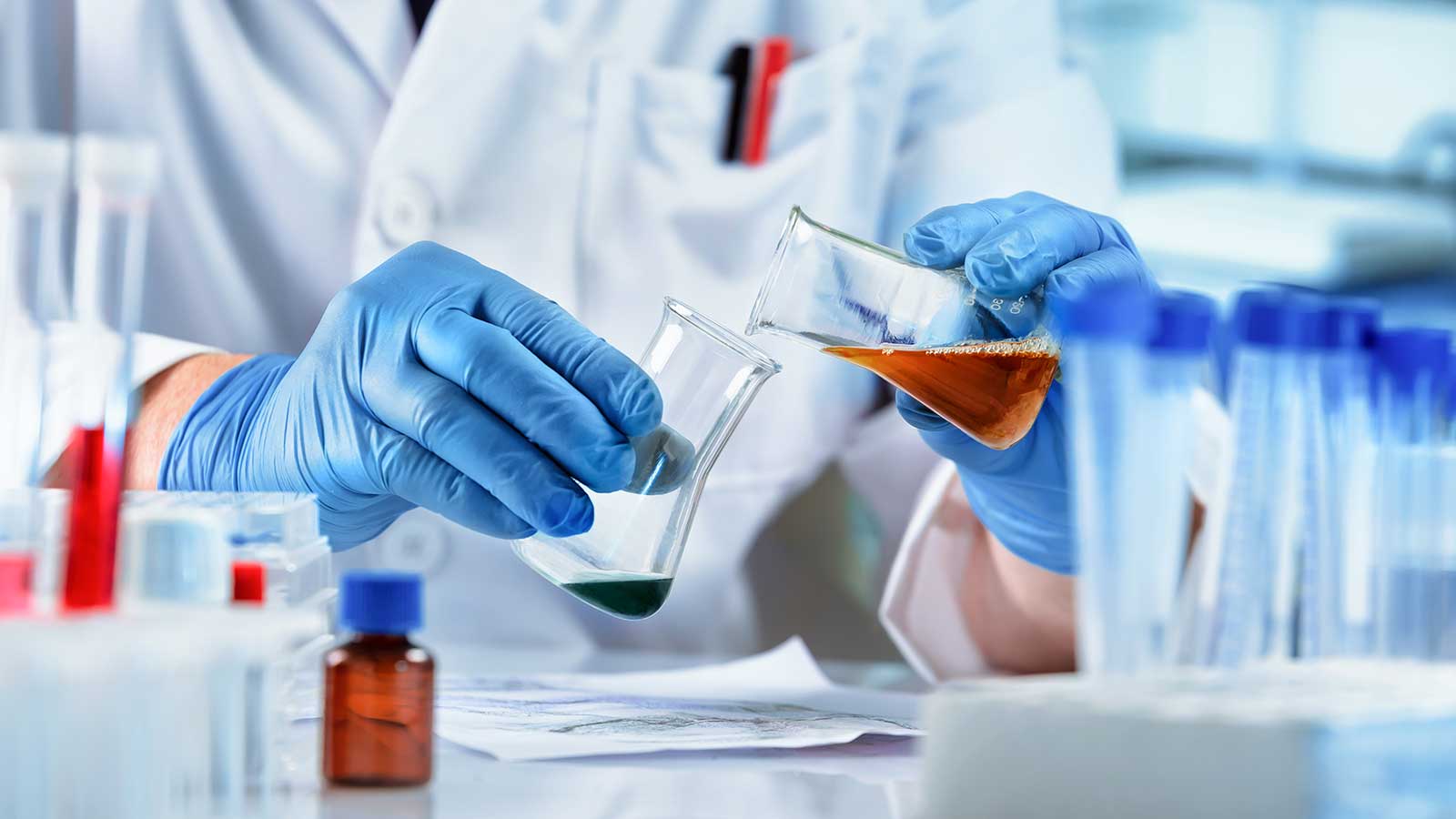A professional concentration in biomolecular engineering has been designed for chemical engineering majors who desire a strong background in biochemical engineering and biology. This will benefit students pursuing careers in medicine, biomedical engineering or in the following industries: consumer products, food processing, and pharmaceuticals. The decision to obtain this concentration is made optimally in the sophomore year.
Biomolecular Engineering Curriculum
The professional concentration in biomolecular engineering offers a chemical engineering major an alternative path for obtaining a BS in chemical engineering.
Further information on this concentration is available in the Department of Chemical & Biomolecular Engineering office or in the course catalogue below.
By successfully completing the courses recommended in the current course catalogue, upon graduation, students receive a bachelor’s degree in chemical engineering with a dean’s certificate indicating a “Professional Concentration in Biomolecular Engineering” and a notation to that effect on their transcript.
Required Courses
Students pursuing the concentration must take Cellular & Molecular Biology Lab in the spring semester of their sophomore year. The required mathematics elective in the curriculum must be a suitable statistics course Applied Statistics, and science and engineering electives are replaced with the required courses Biochemistry I and Biochemical Engineering.
For more information, view the course catalogue for current program requirements, course numbers and credit hours.
Course Catalogue
Electives
An undesignated elective is replaced with a course selected from the following list of courses relevant to biomolecular engineering:
- Introduction to Biomedical Rehabilitation Engineering and Science
- Genetics
- Advanced Cell Biology
- Immunobiology
- Microbiology with Lab
- Physiology with Lab
- Molecular Biology Laboratory
- Intro to Biophysics
- Intro to Biomaterials
- Physical Biochemistry
- Biomechanics
- Biomaterials and Biomedical Engineering Applications




